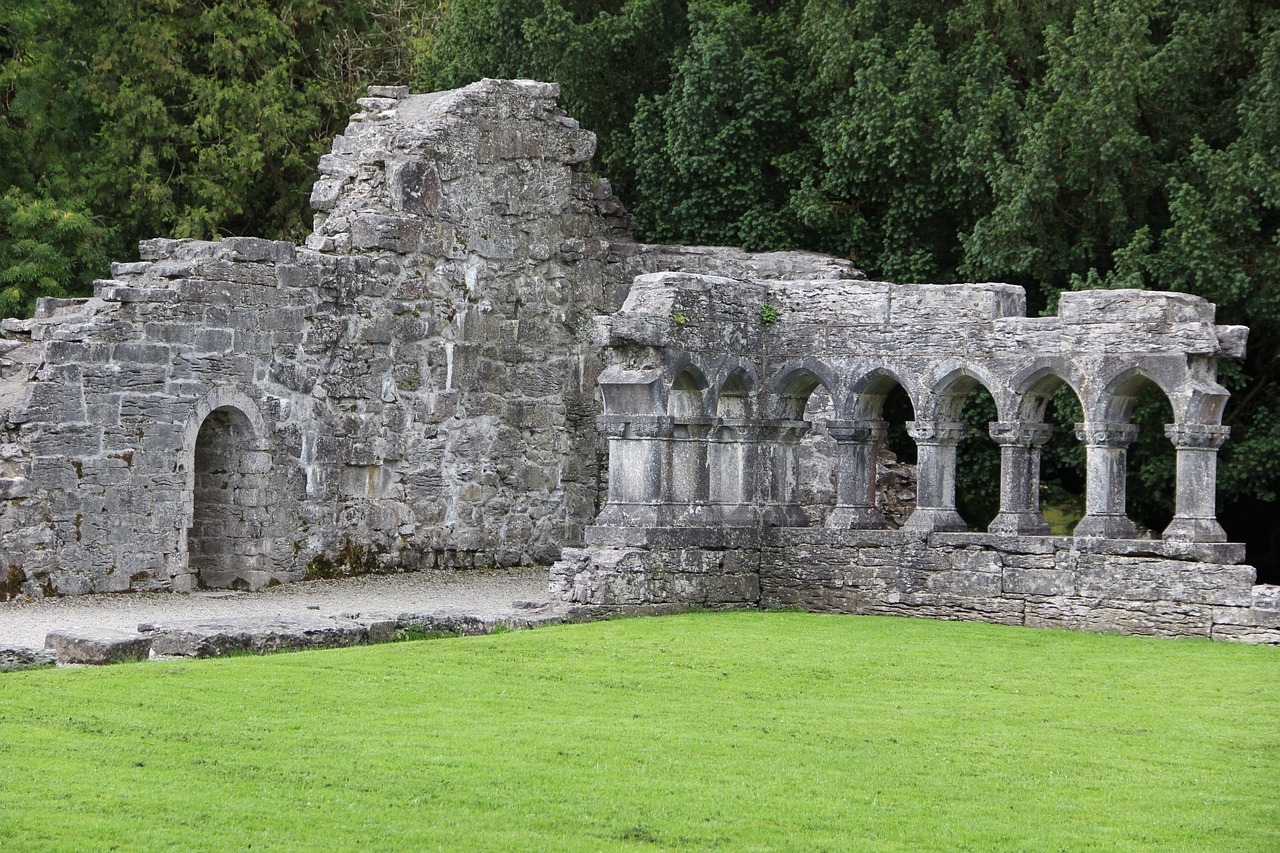Mythology often highlights heroes and saviors, but it also embraces the characters of tricksters and jesters. One such figure in Irish mythology is Bres, a king who is neither revered nor loved, embodying more folly than grace.
Bres: The Enigmatic King
Labeling Bres as a deity amidst the pantheon of Celtic gods is misleading. While he later became prominent, Bres was initially seen as a notable mortal, who ascended to the role of king among the Tuatha de Danann—a powerful race of supernatural beings in Irish lore, akin to the Greek Olympians or the Norse Aesir gods. However, his kingship was marked by his ineptitude, as he failed to live up to the expectations of his people and imposed self-serving policies that led to his own infamy.
The Name of Bres
Bres was known by various names, including “Eochu Bres,” “Bress,” and “Euochaid.” Some early writers attempted to link his name to beauty, although it’s more likely that it derives from a word meaning “uproar” or “conflict,” hinting at the chaos he often brought wherever he went.
Family Ties
Examining Bres’ lineage can shed light on his character. A Fomorian by heritage, he descended from a lineage of fearsome giants in Irish mythology. His father, Elatha, was a Fomorian prince, and his mother, Ériu, added to this troubled lineage. There are conflicting accounts regarding his father, with some texts suggesting it was Balor, who possessed a destructive third eye.
Bres’ marital connection to Brigid (or Brig), daughter of the chief of the Tuatha de Danann, further complicates his story. They had a son named Ruadan, a tragic figure whose death added to the complexities of Bres’ narrative.
The Dynamic of Brig and Bres
Bres’ relationship with Brig has been interpreted as a significant and symbolic pairing. There are discussions suggesting that their union speaks to deeper themes within mythology, contrasting beauty and beastly flaws—Bres being seen as the latter. Consequently, while Brig’s legacy grows, Bres seems to dwindle into obscurity.
Powers and Downfall of Bres
Bres’ lack of true divine powers placed him more in the realm of a trickster than a traditional king. Initially favored due to his lineage and physical charm, his misrule led him to be exiled when a more suitable leader emerged. Despite his shortcomings, Bres did possess a strange charisma that enabled him to garner followers, perhaps hinting at his trickster nature.
Context: Under King Nuada
The tale of Bres begins during King Nuada’s reign, a king who embodied the virtues Bres lacked. Nuada led the Tuatha de Danann to victory against the Fir Bolg in the First Battle of Magh Tuireadh but lost his arm in combat, a blow to his ideal of perfection. This imperfection necessitated a new king to lead his people.
The Ascendance of Bres
In an attempt to unite the tribes and quell tension with the Fomorians, the Tuatha de Danann chose Bres as a compromise. They offered him kingship—and the hand of Brig—hoping his Fomorian lineage would provide peace. Initially, Bres relished this power but quickly revealed his avarice.
Bres’ Tyranny Revealed
His reign quickly soured; heavy taxes and commands upon his subjects alienated him from the very people he ruled. He exploited his position to impose demands on the Tuatha de Danann, leading to dissatisfaction and resentment among the populace, thereby unveiling his true nature as a tyrant.
The Council Against Bres
Faced with insurrection, the elders of the Tuatha de Danann convened to address his misrule. Even as they couldn’t openly oppose him due to his royal status, they employed a poet to denounce Bres through verse, solidifying his infamy. The people, stirred by these lamentations, ultimately rose against him.
Bres’ Attempted Comeback
Despite being ousted, Bres sought to reclaim power, appealing to his father Elatha for support, only to be met with rejection. Unyielding, he then turned to Balor, agreeing to wage war against the Tuatha de Danann. This led to the onset of the Second Battle of Magh Tuireadh.
The Great Conflict
In this fateful clash, Bres showcased not only his deceitful strategy but also experienced the might of the Tuatha de Danann. The battle soared to disastrous heights, with significant losses on both sides. Ultimately, Balor’s victory was short-lived as Lugh retaliated, ending the tyrant’s expectations.
The Fate of Bres
The aftermath of the battle leaves Bres’ destiny in flux. Some narratives claim Lugh ended Bres’ life, while others indicate he was spared to educate the Irish on agriculture. Regardless of his eventual fate, whether imprisoned or cursed, Bres’ fall from grace remains a cautionary tale about the perils of tyranny.
Emblem of Hubris
Bres is rarely celebrated in modern culture, unlike other tragic heroes. His story serves as a powerful reminder of the consequences of egotism and the use of power for personal gain, echoing themes found in classical literature.
In summary, Bres stands as a figure of failed kingship and the consequences of hubris, illustrating timeless lessons on leadership and the ethical use of power.



